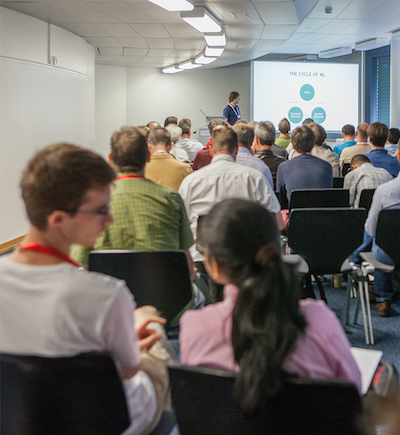PASC19 Student Volunteer Program
If you are an undergraduate, master’s or doctoral student in computational science or HPC and you enjoy working in a dynamic and enthusiastic team, don’t miss the chance to experience the conference as a volunteer for PASC19. If you are selected as a volunteer for PASC19 you will receive complimentary conference registration.
|
